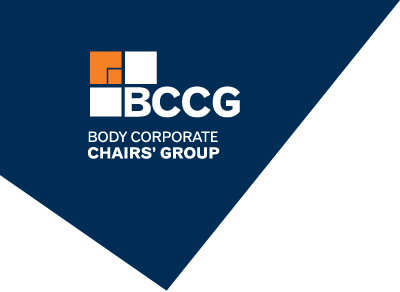FAQs
General FAQs
What is a body corporate?
A body corporate (BC) is a collective of unit owners within a multi-unit building or complex (called a Unit Title Development). The body corporate is the legal entity which “owns” the building or complex which each unit is part of. If you are the owner of a unit, you are part of the body corporate, it’s not a choice it’s a fact and you can’t opt out. The BC is responsible for a range of management, financial and administrative matters relating to the Unit Title Development as a whole, and often elects a Committee to oversee these responsibilities.
Unit Title Developments include all kinds of properties, including; apartments, townhouses, car parks, industrial units, and commercial offices.
What is a body corporate management company?
Many Body Corporates have contractual arrangements with companies and organisations collectively referred to as Body Corporate Management Companies. Such companies are specialist service providers who support committees and chairpersons to discharge their responsibilities under the Act. Typically, Body Corporate Management Companies offer two types of services:
- Administrative/Secretarial services, including; record keeping and other administrative services, financial services and a range of regulatory compliance services, and
- Building Management services, including; building maintenance planning, management, regulatory H&S and BWOF compliance, care and cleaning of common property, including landscaping, gardening and pool care where appropriate.
What do I need to know about a body corporate before purchasing an apartment, town house or other unit in a BC?
If you purchase a unit in a BC, such as an apartment, you will become part of the body corporate. As the owner of a unit your ownership interest is twofold – you own the unit of course but you also own a proportion of what is known as ‘common’ property. Common property includes lifts, lobby areas, corridors, stairways, rubbish collection areas and other service rooms, gardens, swimming pools, tennis courts and driveways.
The BC has a number of responsibilities set out in the Unit Titles Act 2010 and the associated Unit Titles Regulations 2011. Key among them is authority to raise levies to cover operating costs and to make provision for long-term maintenance of buildings and grounds. You should try to establish whether or not the BC is run effectively and in accordance with the legislation:
- Read the BC rules, particularly those relating to behaviour and noise – body corporate life has a community living aspect to it that is different to a suburban community.
- Carefully read the minutes of meetings (including Chair's reports and financial accounts) from the last 3 years to look for potential challenges that the building or BC may be facing.
- Verify that levies raised adequately cover operating costs like, building insurance, maintenance and cleaning of common property, Common services, e.g., lift, fire protection, common electricity, security alarms, lighting and patrols.
- Ask to see the Long-Term Maintenance Plan and determine whether or not it is funded and whether the scheduled maintenance is up to date.
- Be aware that although the BC may be responsible for maintenance of many of the building elements, costs can be charged back to owners if some of the owners benefit from that maintenance more than others. A unit owner is responsible for all maintenance within their unit's boundary.
Consumer NZ also has a good article on their website covering other things you should consider.
What does UTA 2010 and UTR mean?
Sometimes you will see these references in our resource material. UTA2010 means Unit Titles Act 2010; UTR means Unit Title Regulations 2011. These are the key pieces of legislation that determine how BCs should be created and governed. The follwing links will take you to the current Act and Regulatons:
Membership FAQs
What do I do if I have forgotten my password?
1. Enter your email address where it says Email address or BC No.2. Click on the Forgot Password tick box3. Click on Send
How do I change my password?
Who can join the BCCG?
Membership is typically targeted toward the body corporate as a whole with the chairperson recorded as the main 'Contact' but membership is open to anyone with an interest in body corporate matters. Our Associate members currently include BC management companies, property managers, lawyers, engineers, architects, local councils, compliance consultants and others. Company share, time share or other forms of strata title building occupancy are treated the same as body corporates for the purposes of BCCG membership.
What if I only want to subscribe to news and emails from BCCG?
I am no longer the Chair so what happens to my BC's BCCG membership?
If you stand down as chairperson of your BC your BCCG membership continues. You need to alter the contact details for your BC to record the new Chair's details: go to Manage My Membership. Make sure you change the email address so that all future communication will go to the new Chair. The new Chair can then use the Forgot Password? feature to reset the password.

















